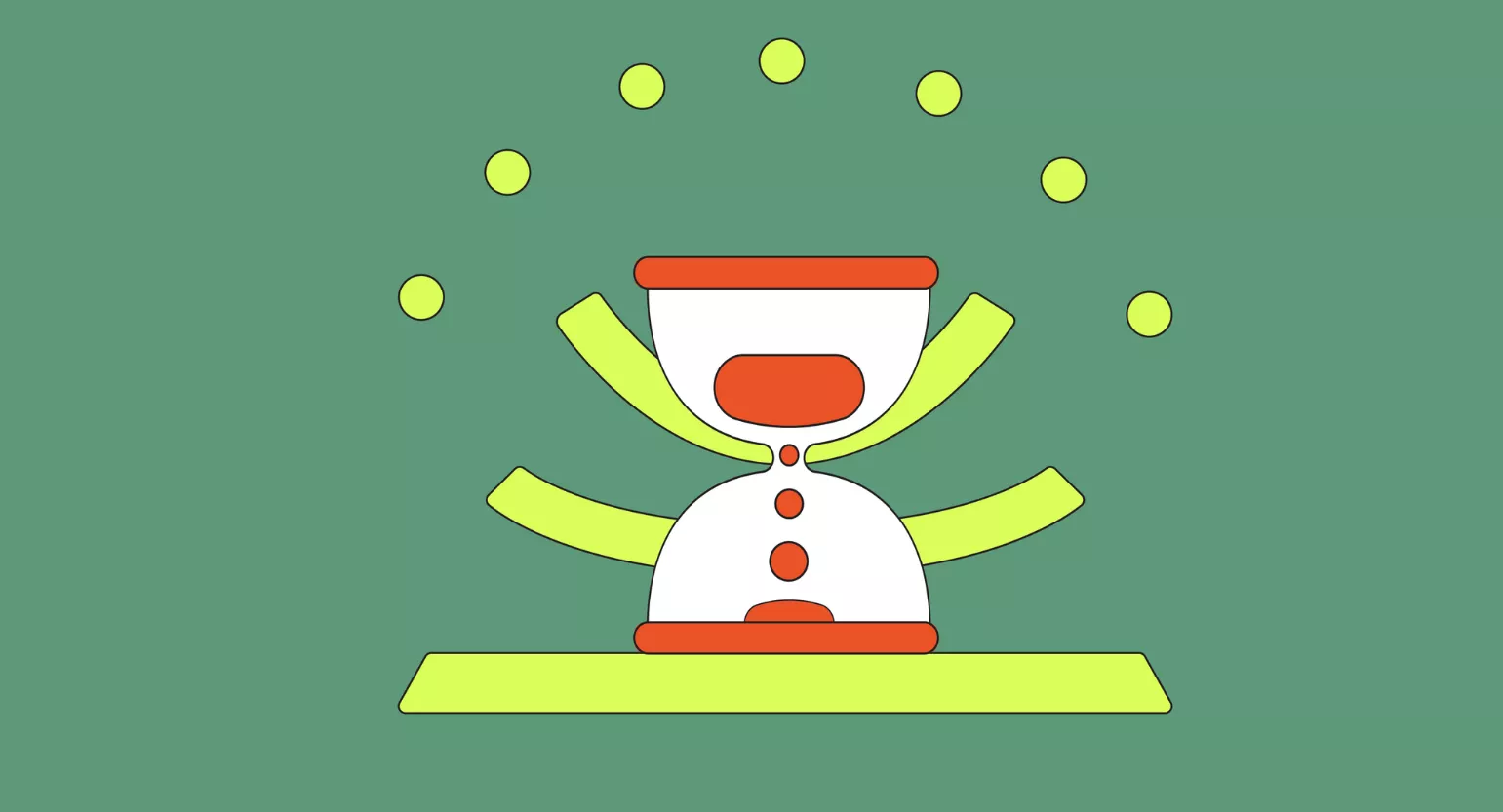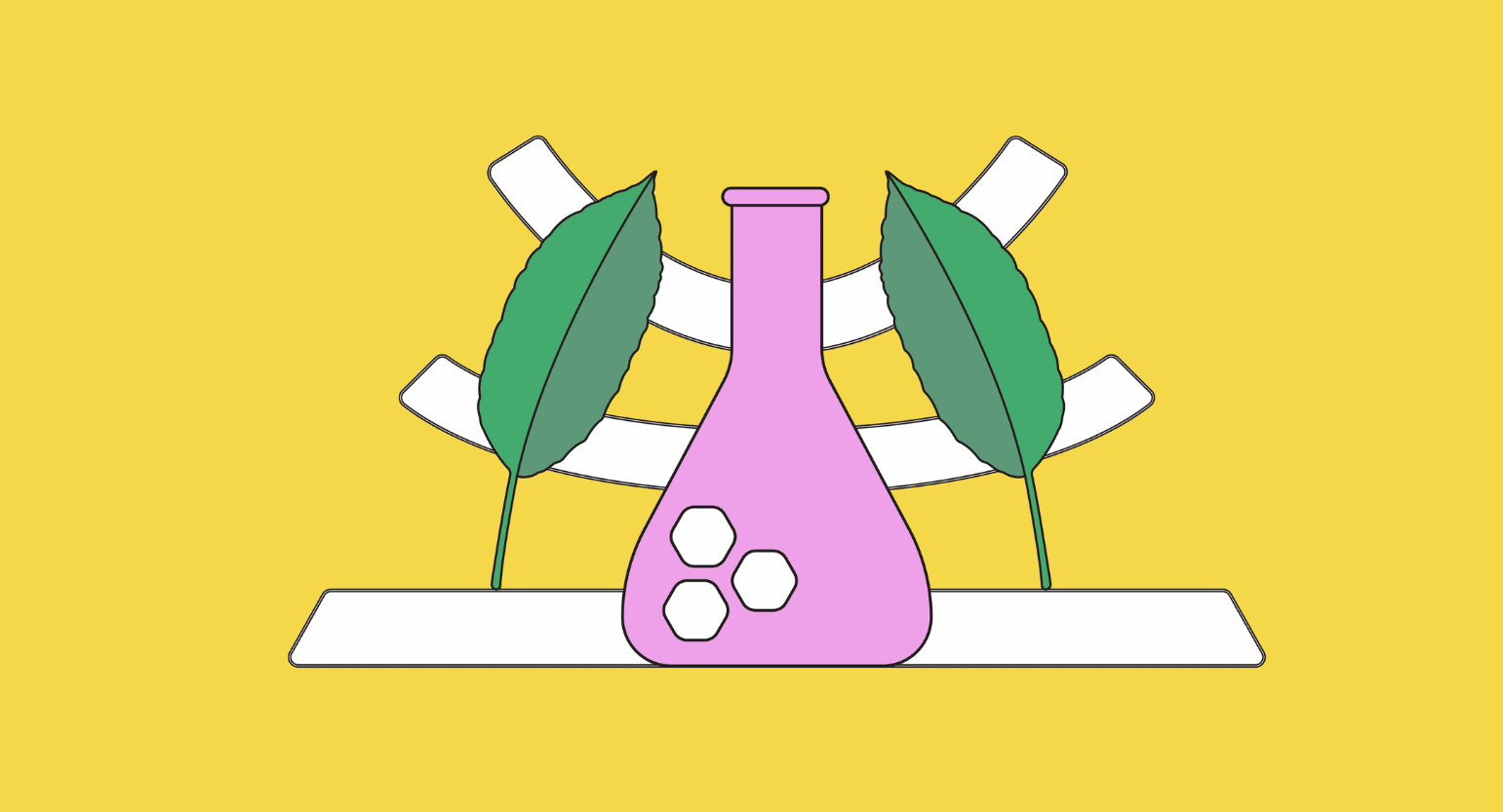How Kratom Affects the Brain
Kratom affects the brain in many different ways, becoming obvious within minutes of feeling the effects. Kratom causes an immediate boost in mood and can increase focus and energy for hours.
These changes are primarily caused by a flood of brain chemicals called neurotransmitters. Neurotransmitters like dopamine and serotonin are involved in many different cognitive and emotional processes. Any plant that causes changes in these areas will likely influences these systems.
Changes in behavior and consciousness that aren’t related to neurotransmitters are most likely related to hormones. Hormonal effects, especially in the case of kratom, tend to be more subtle than neurochemical effects. They may not emerge for weeks or months.
Since kratom affects both hormones and neurochemicals, it’s no wonder it can have such a wide range of benefits. But the complicated nature of the plant also means that there are many side effects that can affect people differently.
The plant influences systems that are important for more than just mood and focus. Even though they are most commonly associated with mental processes, serotonin and dopamine are involved in numerous other functions. These functions can contribute to some other side effects, such as headaches.
Related: Can Kratom Cause Depression?
What Causes Kratom Headaches?
There are several likely culprits to consider when identifying the cause of your kratom headache.
Identifying the root cause is crucial because you’ll know how to treat it best. However, if you want to figure out the root cause, you should have some background in plant chemistry or brain chemistry or be willing to learn.
On the other hand, if you just want a quick fix, you’re still in luck. There are only so many ways to manage headaches, and none of them are dangerous. We will discuss these later on. Try them all out, and you’ll almost certainly rid yourself of your kratom headache.
For now, we will focus on a few of the main contributing factors for those who struggle with kratom headaches.
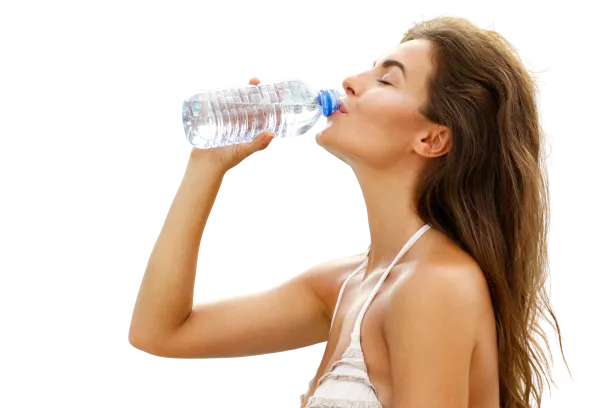
1. Dehydration
Chances are that your kratom headache is mainly the result of dehydration. Kratom has several properties that make it a prime candidate for causing quick and intense dehydration.
The first property is its extreme astringency. Astringent things produce a sensation of dryness when they contact a moist tissue, such as the inside of your mouth.
While astringency seems to dry out these tissues, what’s actually happening is that it tightens the cellular structure of the tissue to prevent moisture from escaping or entering. In either case, the result is unpleasant feelings of dryness and dehydration.
The second property is the fact that kratom is a diuretic. Diuretics, like kratom’s sister plant, coffee, are substances that make you pee. Unless you’re constantly replenishing fluids or trying to rid yourself of fluid retention, a diuretic will dry you out.
Because of this, it’s imperative to drink a lot of water when you’re using kratom. Otherwise, you will experience a host of dehydration symptoms, including headaches.
In fact, dehydration is so common among kratom users that several side effects associated with the herb are just the result of dehydration. Brain fog, fatigue, dizziness, and even nausea and vomiting can all result from dehydration.
2. Neurotransmitter Overload
As mentioned before, kratom has a pretty powerful influence on your neurotransmitters. Mostly it affects dopamine and epinephrine (also known as adrenaline).
These neurotransmitters, especially epinephrine, stimulate the mind and body.
In doing this, epinephrine can lead to a fairly significant increase in blood pressure. High blood pressure can lead to painful headaches.
Green and white strains are more stimulating. Therefore, they are more likely to cause headaches of this nature than other kratom strains.
3. Hormonal Changes
If you have been using kratom for a long time (think months or years), it will likely affect your hormones. Kratom, in particular, tends to decrease testosterone levels.
Our hormones should remain balanced throughout our lives, except for a few age periods during which we experience an increase or decrease in our average levels.
When hormones fall out of balance, all sorts of symptoms can occur, including headaches.

Managing Kratom Headaches
Managing your kratom-induced headaches doesn’t have to be a headache. There are some simple things that you can do to help relieve yourself of a headache or to reduce the risk of your headaches returning.
Drink More Water
When you’re using kratom, you need to ensure that you’re not getting dehydrated.
Because kratom is both an astringent and diuretic herb, you face twice the risk of dehydration as when using a plant with only one of these properties, like coffee. Coffee is a diuretic, but it’s only minimally astringent. Nonetheless, it still manages to dehydrate people.
If you’re doing a toss & wash, at the very least, you owe it to yourself to drink a full glass of water with your dose. Then you’ll at least be drinking a cup of water for each kratom dose you consume.
Realistically though, you should be consuming far more water than that. The recommended eight glasses a day seems like a lot to anybody who has never drunk that much water before, but after the benefits become more apparent, it will seem more like a pleasure than a chore.
And remember that the eight glasses per day are for the average Joe, not for someone consuming highly astringent diuretic plants all day. Eight glasses should be a bare minimum if you’re taking multiple doses of kratom.
Decrease Your Dose
Decreasing your dose might help relieve headaches caused by oversaturated brain chemicals and dehydration. Kratom contains many different active compounds called alkaloids, each affecting the brain differently. Consuming multiple doses throughout the day will lead to your brain getting mixed messages.
Excess adrenaline and dopamine may feel stifled at higher doses. These high doses tend to make you feel more relaxed. Nonetheless, they can still cause headaches.
Lower doses don’t always lead to decreased effects, either. Many people are pleasantly surprised to learn that they actually get a more pleasing effect from the kratom when they reduce the amount. In fact, you can try microdosing kratom and see if that helps.
Instead of having an oversaturated experience marked by brain fog and headaches, they enjoy the simulating, focus-boosting benefits of the plant.
Also see: Kratom Dosage Guide
Use Anti-Inflammatory Herbs
Before running for the aspirin, make sure that you try out some natural anti-inflammatory herbs. And before you try these, ensure you’re hydrated and not taking huge doses.
Turmeric is one of the most effective herbs for reducing inflammation. Some may opt for extracts of turmeric’s chief alkaloid, curcumin. However, using an extract like this prevents you from taking advantage of any of the herb’s other powerful nutrients.
Ginger is another excellent anti-inflammatory herb. It pairs very well with turmeric and can help relieve systemic inflammation.
If you don’t find relief with any of the above methods, you can find relief using NSAIDs (non-steroidal anti-inflammatory drugs) like aspirin. Remember, though, that these synthetics are hard on your liver, and there is some evidence that kratom is already tough on the livers of certain people.
If you are one of these people, using aspirin on top of kratom could lead to unwanted complications. Fortunately, it seems to be a relatively low number of people susceptible to kratom-related liver problems.
Related: Will Kratom Interact With My Medication?
Final Thoughts on Kratom Headaches
Can kratom cause headaches? Totally. But are headaches part-and-parcel with kratom use? Hardly.
With the right know-how and the willingness to be responsible for your usage, you can practically eliminate kratom headaches. Staying hydrated and regulating your dosage level will help you stay headache-free for the foreseeable future.

